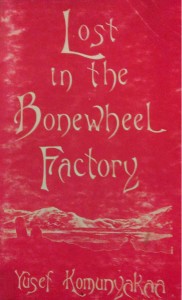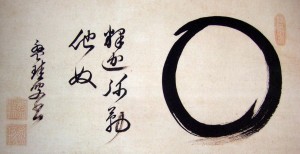by Cole Konopka, Colorado Review Editorial Assistant
In one of the many warnings I received as an undergraduate writer, a poet and teacher once broke down the hourly wage of writing (and editing) a poem for eventual publication. The $50 payment spread itself over many hours, until minimum wage seemed idealistic to hope for. Somehow that has not deterred me, and I’m now interning with the Center for Literary Publishing. Interning.
 What brings me to do it? I believe in the writing-publishing world as a community, one that necessitates individual support. This support runs both ways, though often the payment is less tangible or spendable than $50. When Yusef Komunyakaa published his first two chapbooks with Lynx House, he received fifty copies as payment. “The only thing received from the small press is inspiration,” Komunyakaa said in a 1985 interview with Rudolph Lewis. “No dollars and cents.” But he added, “It encouraged me to continue to write.”
What brings me to do it? I believe in the writing-publishing world as a community, one that necessitates individual support. This support runs both ways, though often the payment is less tangible or spendable than $50. When Yusef Komunyakaa published his first two chapbooks with Lynx House, he received fifty copies as payment. “The only thing received from the small press is inspiration,” Komunyakaa said in a 1985 interview with Rudolph Lewis. “No dollars and cents.” But he added, “It encouraged me to continue to write.”
It seems impossible that anyone could make a living from magazine submissions, and perhaps for good reason. We spend/donate a few dollars here and there to submit work, not only to support journals and presses we love, but also because we want to see literature happen in the most active sense we cannot yet imagine. Arguably it happens most frequently in small presses and journals, because the scale of monetary influence is low. Perhaps they wouldn’t be the small press work we love if it paid enough. These journals and presses are where literature crosses boundaries, physical and aesthetic alike. As Komunyakaa said, “The small press is the mainstay of contemporary literature. It probably has always been so.”
 Lately, as I’ve been looking at chapbook contests, I am happy to see small presses offering a subscription to their journal or a free chapbook in return for the contest’s reading fee. There is a powerful message in this. To me the small press or journal shouts every poem or story to a good home. On my side it means buying literary magazines and small press books, reading them, getting inspired, and submitting poems of my own. Publishing can be cyclical this way, and in this way we know it is natural, and in this way we know it is good.
Lately, as I’ve been looking at chapbook contests, I am happy to see small presses offering a subscription to their journal or a free chapbook in return for the contest’s reading fee. There is a powerful message in this. To me the small press or journal shouts every poem or story to a good home. On my side it means buying literary magazines and small press books, reading them, getting inspired, and submitting poems of my own. Publishing can be cyclical this way, and in this way we know it is natural, and in this way we know it is good.